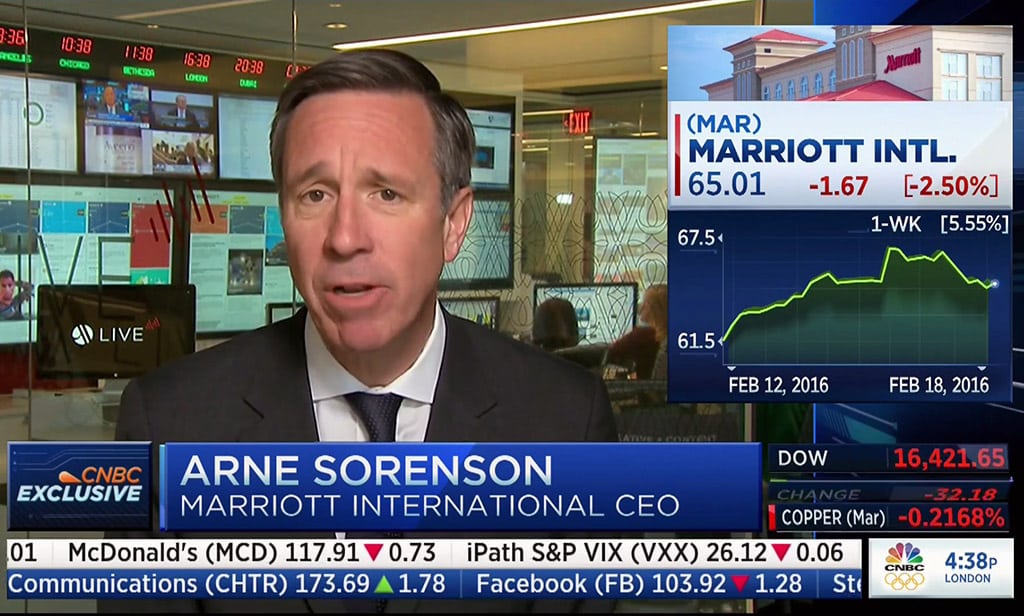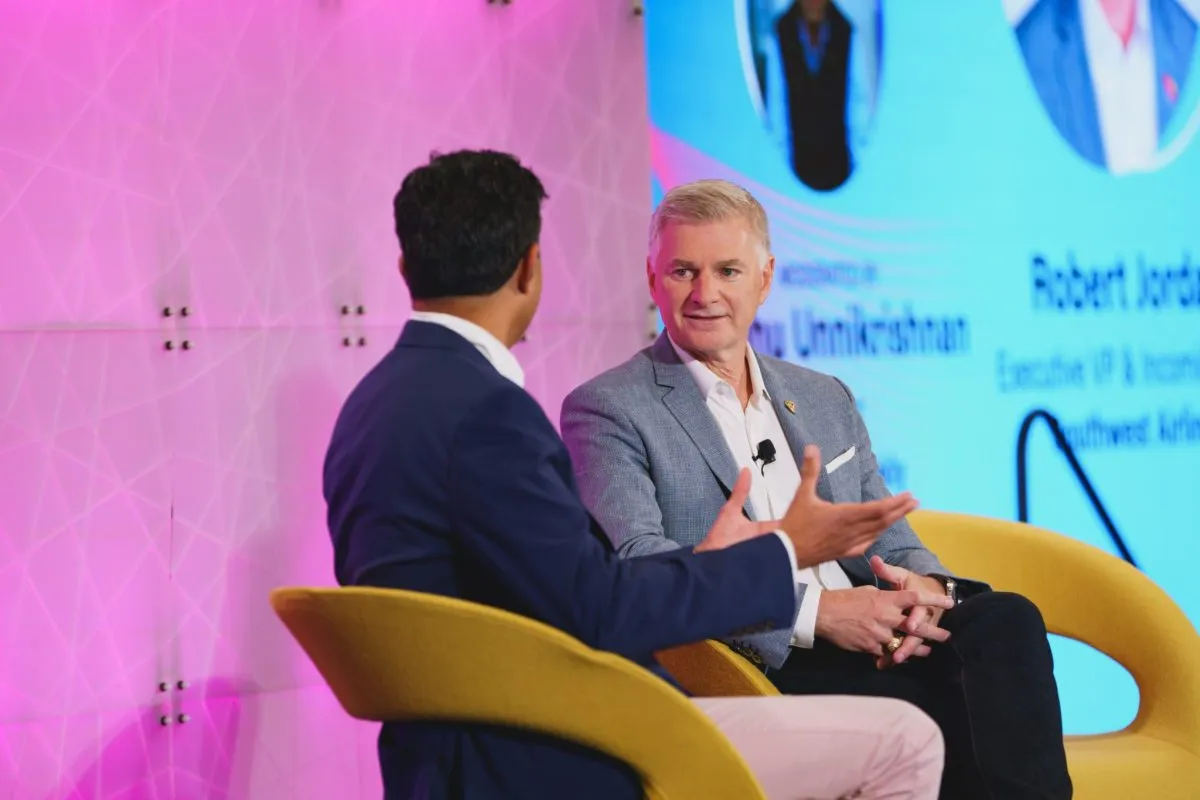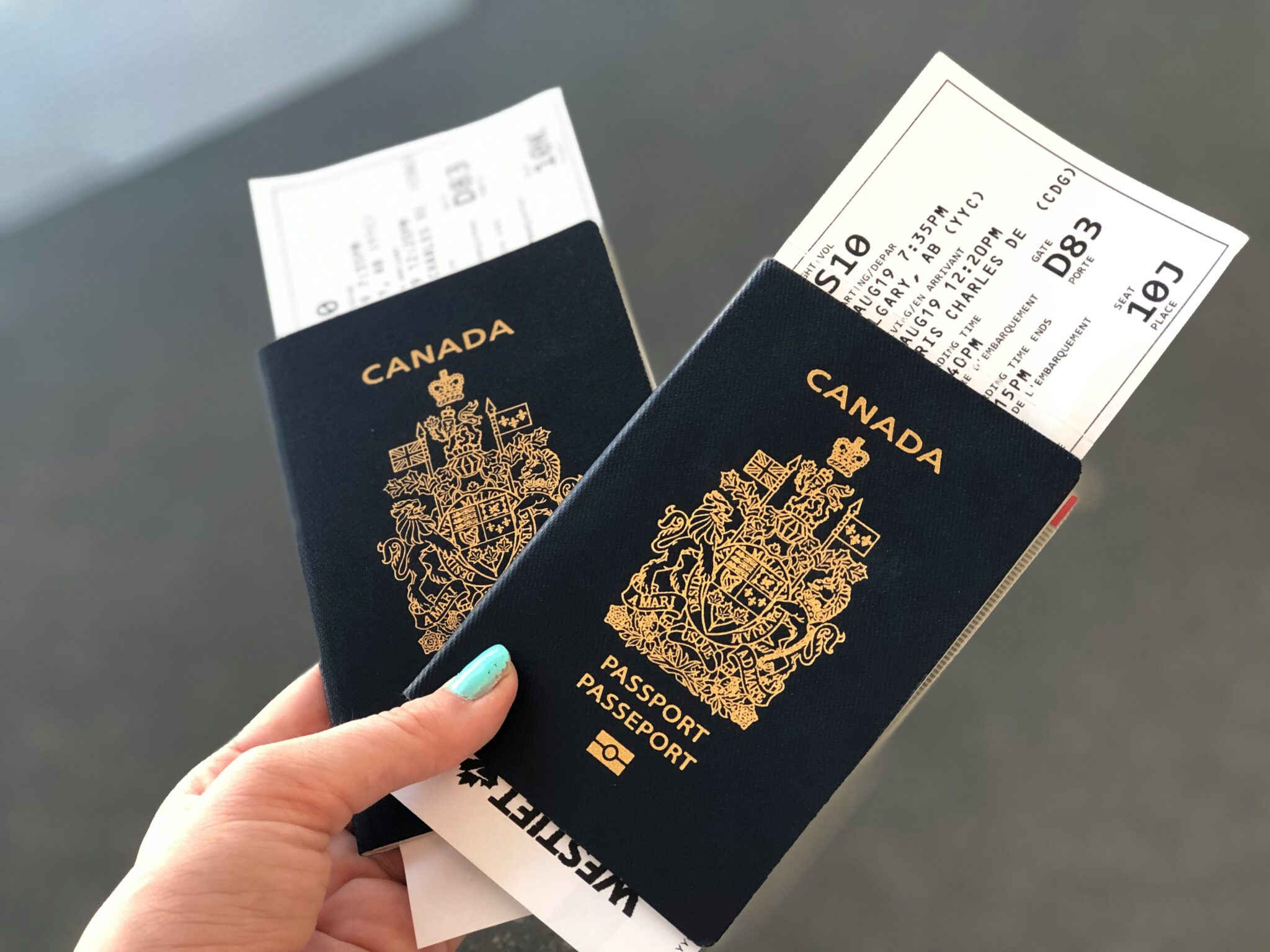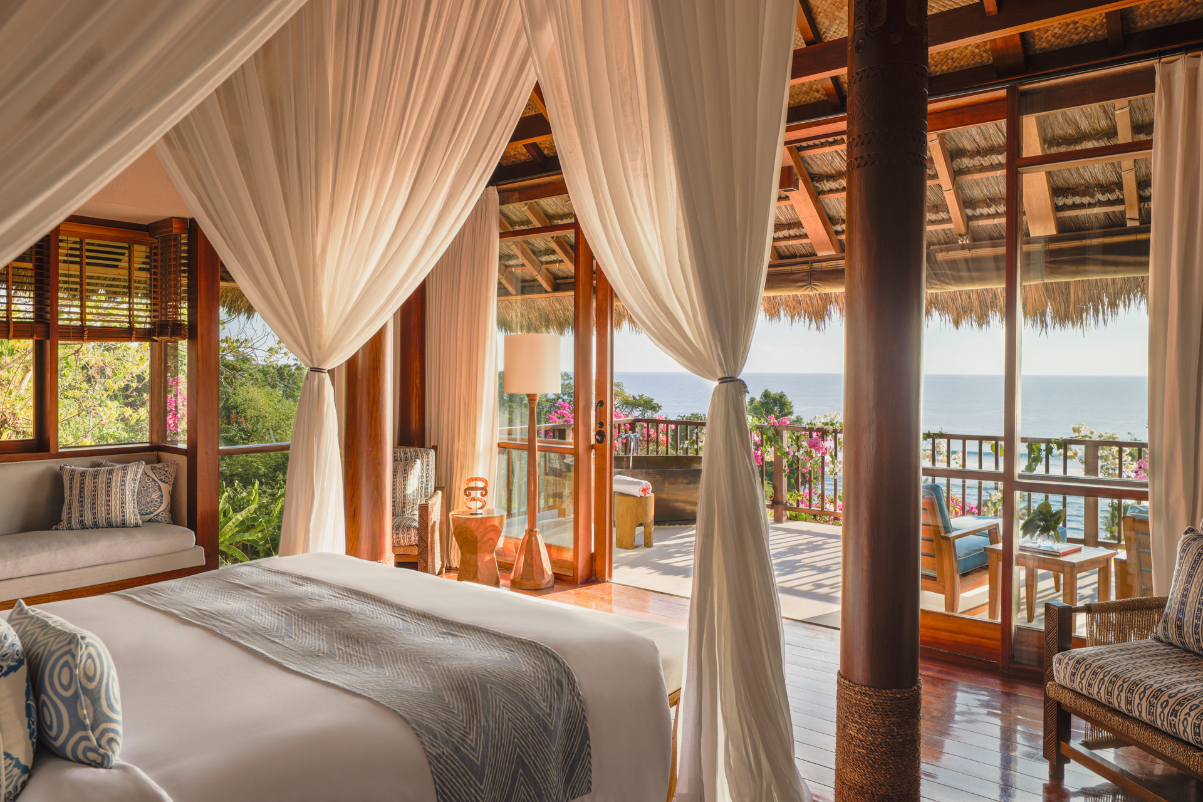Marriott CEO Tells Starwood Loyalty Members 'You'll Be OK'

Skift Take
Marriott International's impending purchase of Starwood Hotels and Resorts will have transformative effects throughout the two companies' existing business, from concerns about over saturation in markets like New York City to an overabundance of brands in one company's stable — the new company will have 30 of them.
But the most vocal and frequent concerns have come from members of the hotels' respective loyalty programs, Marriott Rewards and Starwood Preferred Guest (SPG). Combined, they would be the largest loyalty program in the hospitality business and offer what CEO Arne Sorenson optimistically described today as a lock on loyalty.
Following Marriott's earnings call, Sorenson told CNBC that they wanted to create a combined plan that offered everything a guest could want: "Something that is even more powerful for our customers so they'll say 'Why should I get a card with anyone else?'"
"We've heard from SPG members loud and clear when they say 'Tell me I'll be OK,'" Sorenson said. "You'll be OK. I want to make sure we continue to earn that loyalty."
Sorenson was reiterating comments he made earlier on the company's earnings call. "How do you take these two leading loyalty programs in Marriott Rewards and Starwood Preferred Guest and create something which is more powerful?" he said during the call. "The only concern we hear in response to the deal are Rewards and SPG members who want to know their points are protected. The principle reason for the deal is to redouble our commitment to them."
Beyond Loyalty
But it's not the only reason.
Sorenson and incoming CFO Leeny Oberg fielded more questions related to the deal, which is expected to close in June if the March 28 shareholder vote goes according to plan. Marriott does not yet have privileged access to Starwood's numbers, a point Sorenson made when he said he learned about its quarterly earnings with the rest of the market today.
Despite some lower than projected numbers from Starwood, Sorenson insisted that the sales and development teams there were "as little distracted by this as possible."
The Starwood purchase isn't just any old deal, Sorenson stressed. He called the recent purchases of Delta, Protea, and Gaylord as "warm up acquisitions" for Starwood.
Oberg explained that once the acquisition was final, Marriott would move quickly to sell off real estate to fall in line with the brand's asset-light strategy. "It won't surprise you that we'd liked to recycle the capital as fast as practical and turn them into management agreements," Oberg said. "We look forward to doing so. Once the integration occurs we're looking at a $1.5 to $2 billion in asset sales."
Despite an analyst's concern that there could be too many good properties on the market, Oberg said, "For high-quality assets like Starwood has we're looking forward to a robust buyers market."
In prepared remarks, Sorenson put the Starwood buy in context with two other key moments in Marriott history: the splitting off of its real estate holding group as Host Hotels & Resorts in 1993 and the similar carving off of Marriott Vacation Club in 2011.
Excerpt from Sorenson's CNBC appearance:





